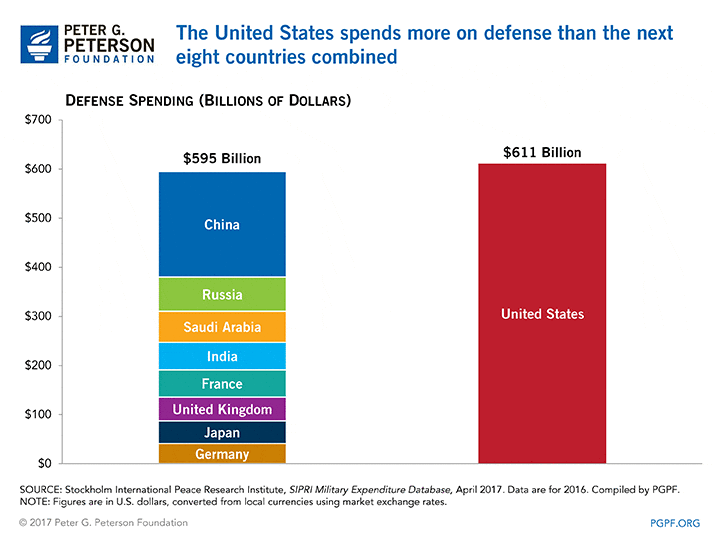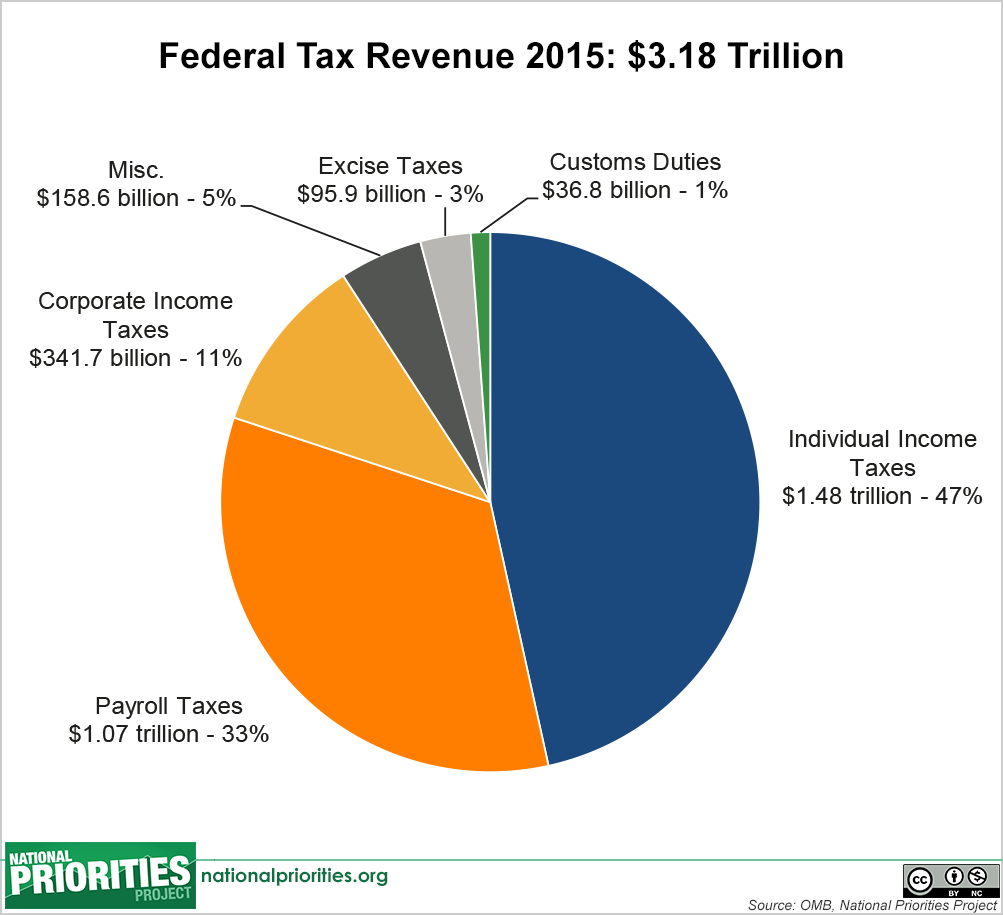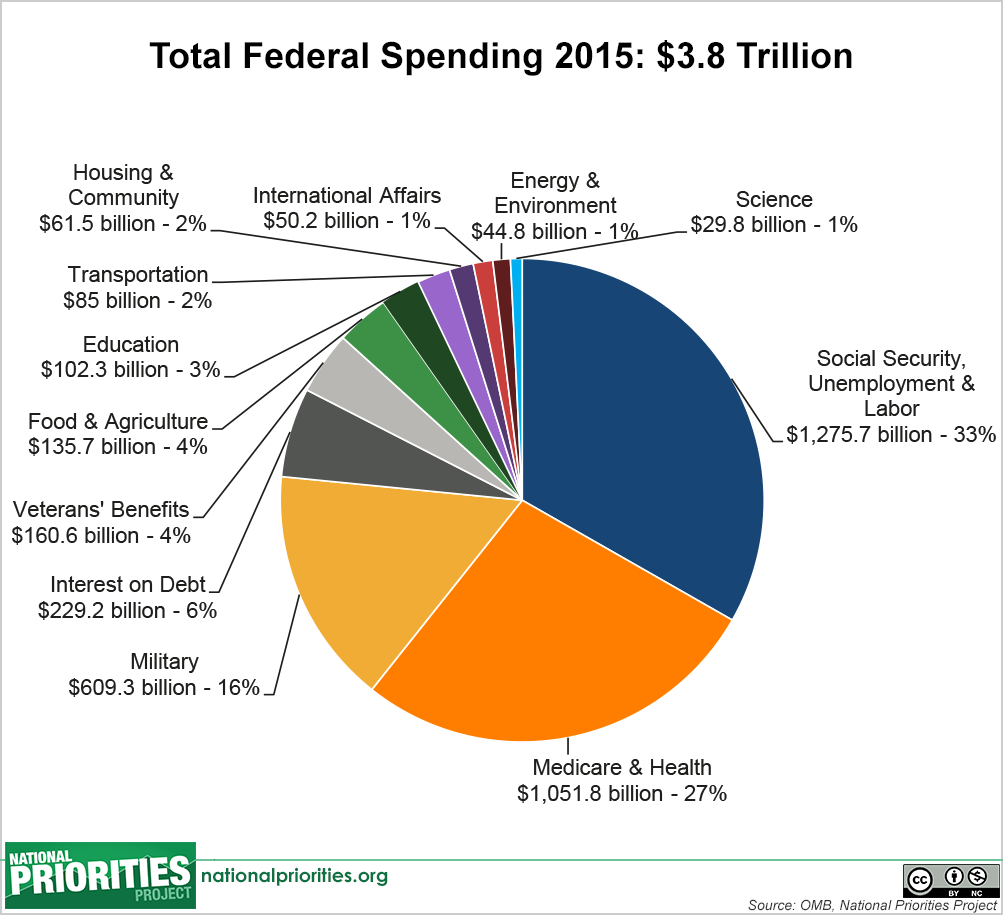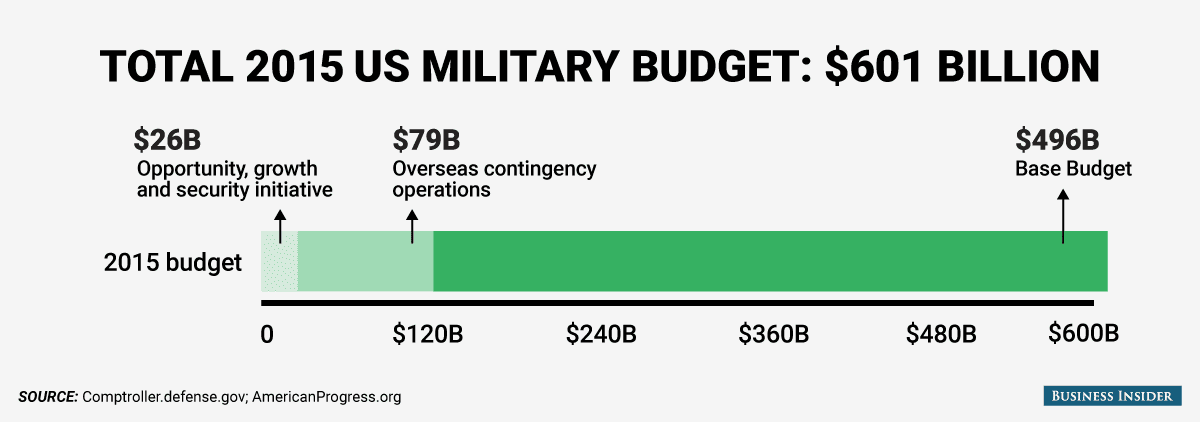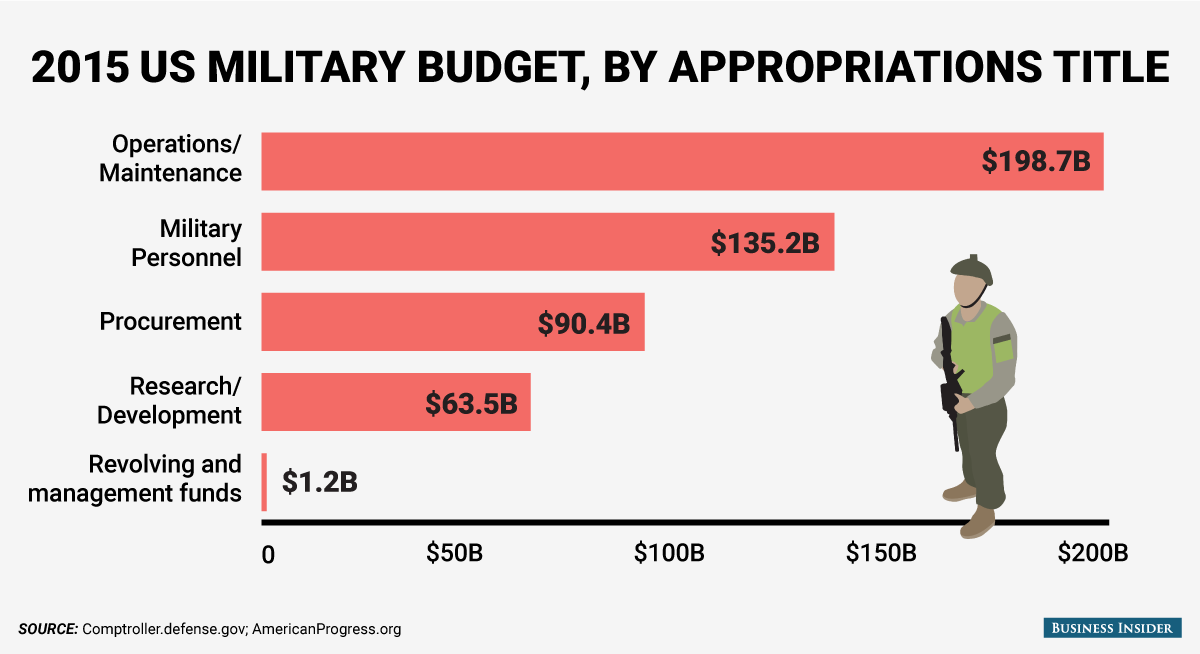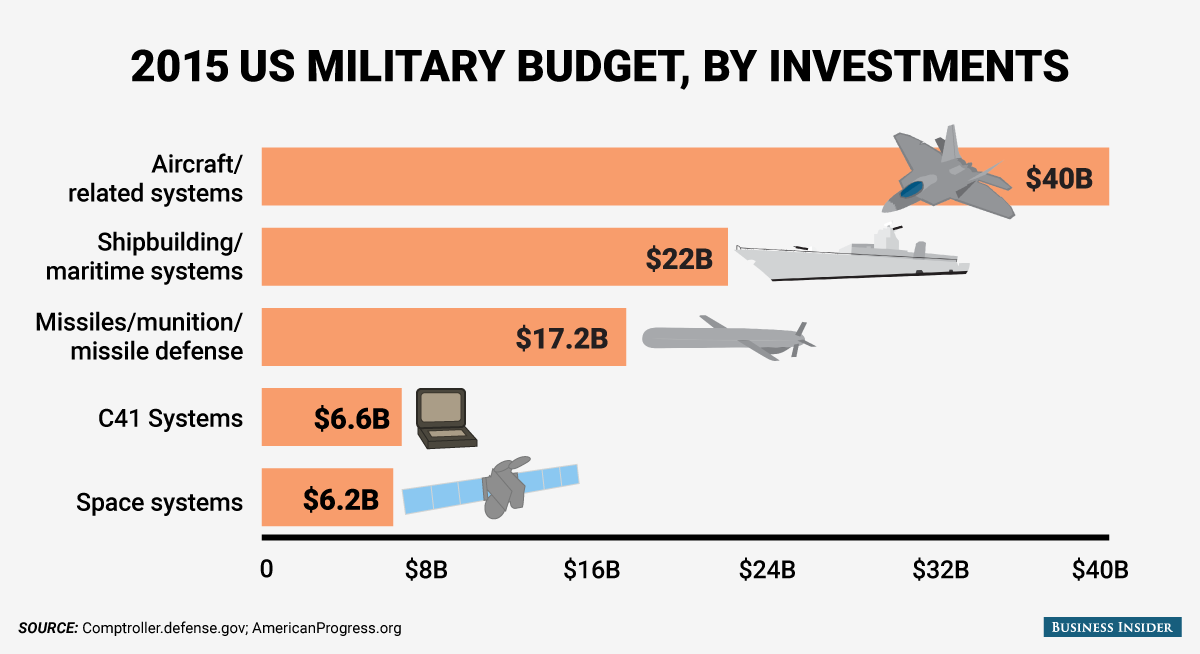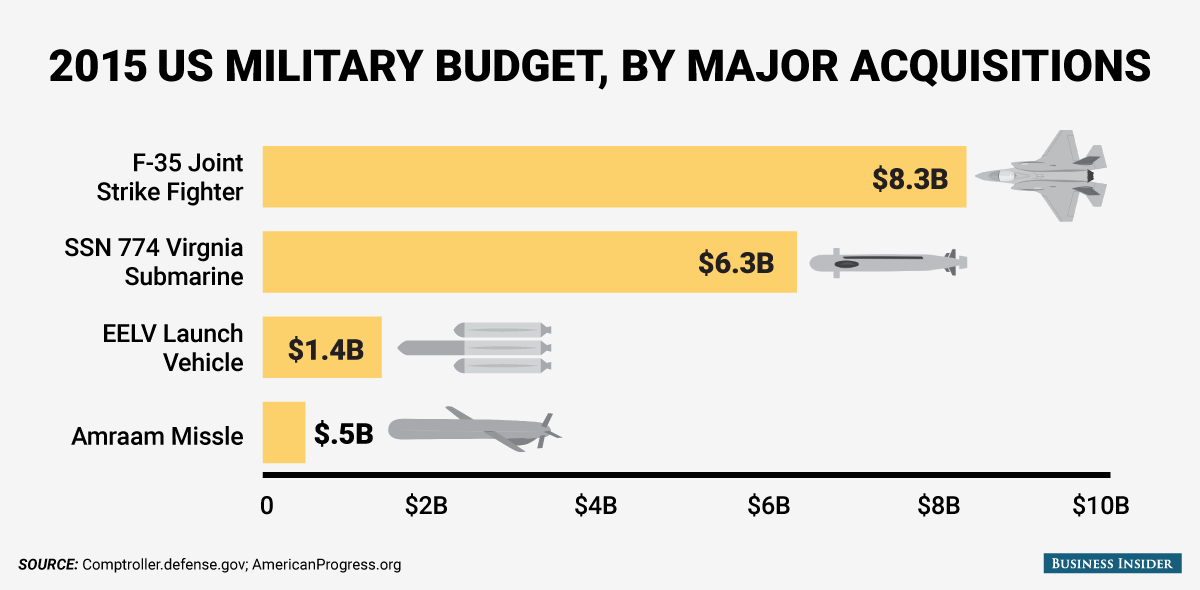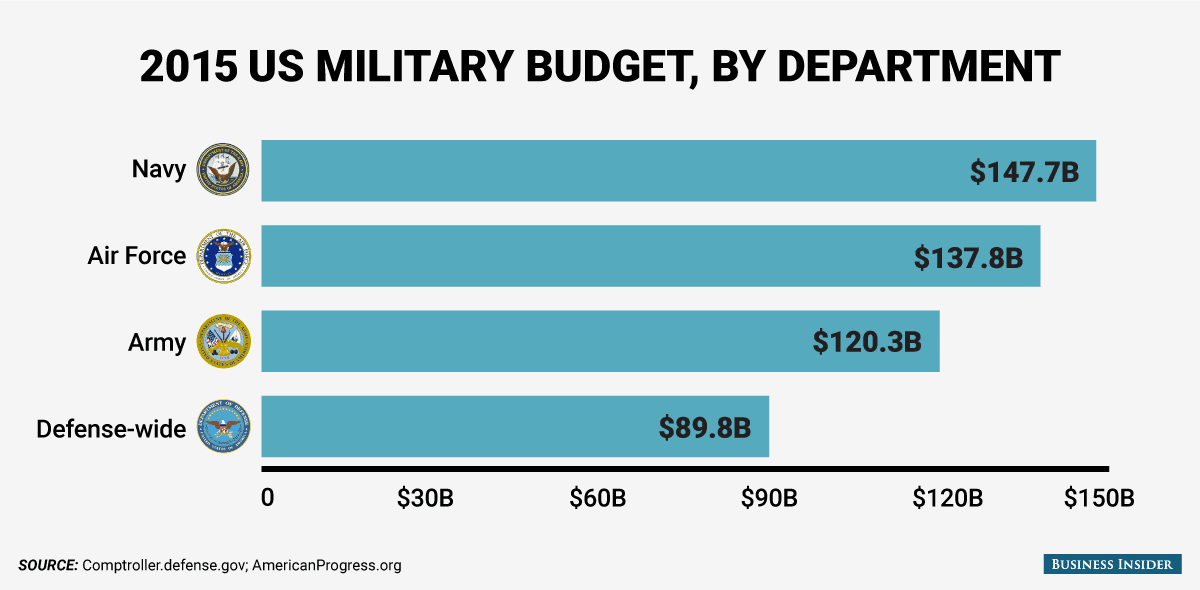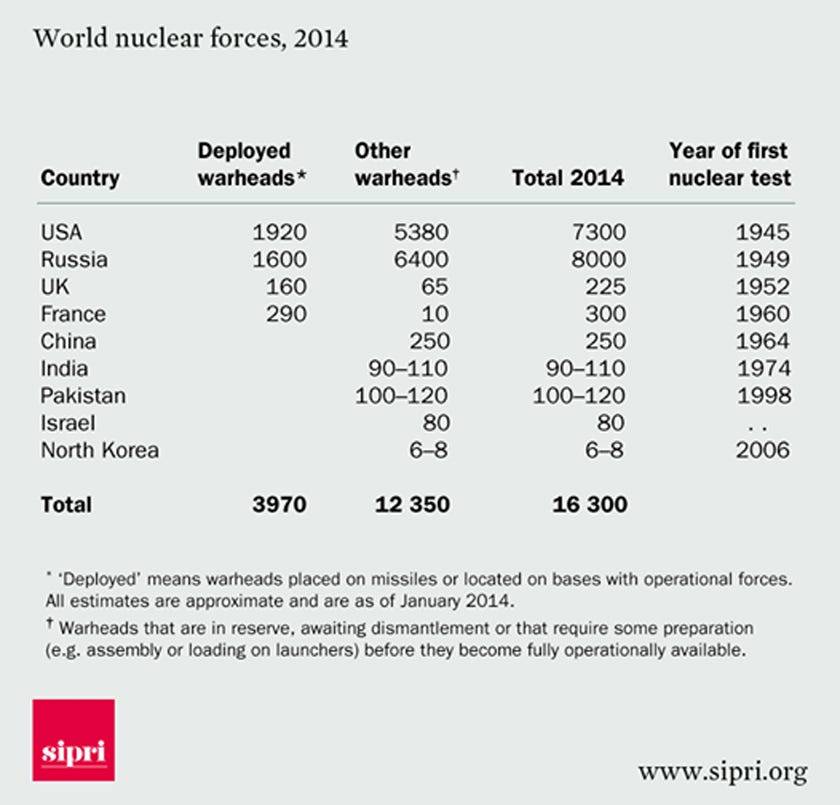Billy_Kinetta
Paladin of the Lost Hour
- Mar 4, 2013
- 52,766
- 22,196
- 2,320
When reason fails, force remains.
And despite nonsensical statements to the contrary, superior force stops attacks and ends all arguments.
And despite nonsensical statements to the contrary, superior force stops attacks and ends all arguments.

